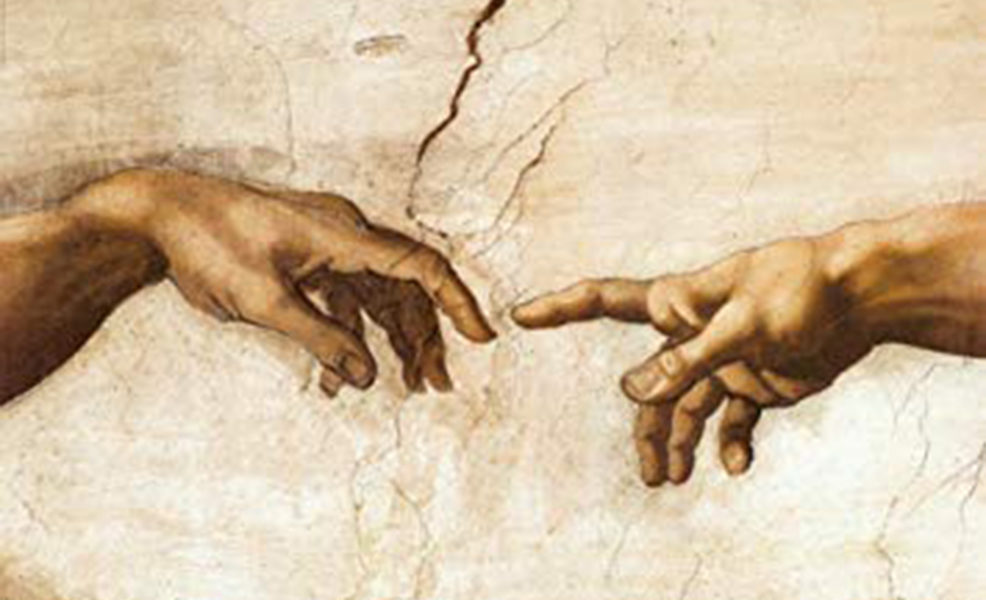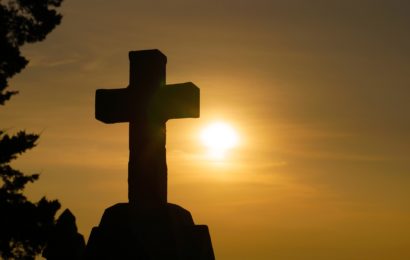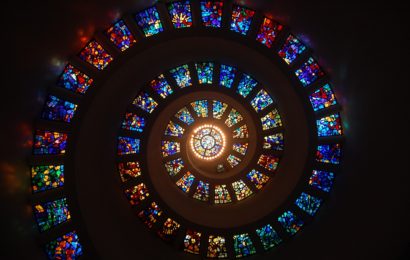
- Instructor: admin
Apologetics I (History):
The focus of this class is to serve as an introduction to the history of Christian Apologetics. The course will track Apologetics approaches through the 20 centuries of Christian Thought. This will include Apologetics of the New Testament, during the Patristic era, in the middle ages, during the period of the reformation in the Western Church, and up to the twentieth century. We will also distinguish among the Catholic Church’s approach, the Protestant approach, and the Orthodox Church’s approach to Apologetics. The course will also outline the five main categories of apologetics namely: (1) the classical method; (2) the evidential method; (3) The cumulative case method; (4) pre-suppositional apologetics; and (5) reformed epistemology.
Upon successful completion of this course, students are expected to:
- Understand the importance and biblical basis of Apologetics
- Appreciate the role of Apologetics and what it can and cannot achieve
- Understand how Apologetics was practiced through the 20 centuries of Christian thought
- Distinguish among the Catholic Church, Protestant Churches, and the Orthodox Church’s approach to Apologetics
- Describe the five main categories of apologetics, namely: (1) the classical method; (2) the evidential method; (3) the cumulative case method; (4) pre-suppositional apologetics; and (5) reformed epistemology
Apologetics II:
In this course, students will:
- Study arguments demonstrating that faith does not contradict established scientific facts.
- Answer questions about the existence of God from moral, cosmological and philosophical standpoints.
- Gain basic knowledge about the biblical evidence of the Divinity of Christ, the need for salvation, and fulfilled prophecies.
- Understand the New Testament as a reliable source of historical information about the life and acts of our Lord Jesus Christ and the evolution of the early church.
- Analyze the problem of evil and suffering from a Christian point of view.
Apologetics III:
This class presents a more in-depth study of a few of the topics which were covered in the previous two classes, by reviewing and analyzing articles and papers contributed by several contemporary leaders in the Apologetics field, such as Gary Habermas, Craig Evans, J.P. Moreland, Ben Witherington, and N.T. Wright. Among to be delved in are: (1) Arguments for the Existence of God; (2) the reliability of the Gospels; (3) the Resurrection and Christian Origins; (4) Comparative Religions; (5) Postmodernism; and (6) the Coherence of Christian Doctrine.
Upon successful completion of this course, students are expected to:
- Understand and explain the main arguments for the existence of God
- Provide evidence for the Resurrection of our Lord, God and Savior Jesus Christ
- Appreciate the criteria for the authenticity of the Gospels and their reliability
- Intelligently contrast Christianity to other major World Religions
- Understand the problems and challenges of postmodernism and how to address them
- Appreciate the coherence of Christian Doctrine including the Trinity and the Incarnation
Apologetics IV (Advanced topic):
ANSWERING NEW ATHEISM
This advanced apologetics course will cover the following:
In this class, students will:
- Analyze the writings and potentially valid arguments of four renowned figures of the new atheism movement: Richard Dawkins, Chris Hitchens, Sam Harris, and Daniel Dennett, while providing answers to their claims.
- Study the account of Genesis and the earth’s geological age
- Examine macroevolution and Christianity
- Analyze the “everything out of nothing theory” and the atheistic claim that a Creator is no longer needed to explain the presence of matter in light of new quantum physics, matter and antimatter continuous annihilation, and particle escape.
- Study the most famous faith-science “contradictions”
- Study renowned Christian apologists and their writings
Apologetics V (Advanced topic):
HISTORICAL RELIABILITY OF THE NEW TESTAMENT
This advanced apologetics course will cover the following:
- What are the earliest available biblical manuscripts and what do we know about the earliest surviving copies?
- How and when did the canon of the New Testament come about, and by whom?
- Was there any alteration in the original text? If so, did it affect Christian faith to any degree?
- New Testament historical checkpoints and translations: Vulgate, Erasmus, John Wycliff, Martin Luther, KJV, among others.
- Textual criticism and reconstruction/retrieval
- Canonical gospels, inter- and intra- variations and explanations
- Non-canonical gospels and why deemed noncanonical and by whom?
- Influence of early doctrines on the scriptures of the NT, e.g. Gnosticism, Ebionites, etc..
- Bart Ehrman’s arguments and famous books, Orthodoxy corruption of the scriptures, misquoting Jesus, etc.. and how to answer them
Apologetics VI (Advanced topic):
DIVINITY OF CHRIST AND THE ORIGIN OF THE HOLY TRINITY TEACHING
This advanced apologetics course will cover the following:
- Did Jesus intend to start a new religion? Claim and answer.
- Was Jesus worshiped as God before the first council of Nicaea?
- What is the truth about the intentional alteration of the New Testament text to introduce the teaching of the Holy Trinity?
- How can we describe the Almighty’s very nature with a man-made numerical system?
- Why there are two different ways of describing Jesus in the New Testament, and what does this signify?
- Difficult New Testament verses that argue strongly against the divinity of Christ, and possible explanations
Apologetics VII (Advanced topic):
RESPONSES TO FALLACIES OF THE BEST-SELLING ANTI-CHRISTIANITY BOOKS
This advanced apologetics course will examine the following texts, providing helpful resources in response to them:
- Misquoting Jesus, Bart Ehrman
- Forged, Bart Ehrman
- The triumph of Christianity, Bart Ehrman
- Biblical non sense , Jason Long
- The moral landscape, Sam Harris
- The Blind Watchmaker, Richard Dawkins
- The God Delusion, Richard Dawkins
- God is not freat, Chris Hitchens
- How to prove God does not exist, Chris Hitchens
- There is a lot more and books to be studied and challenged.






